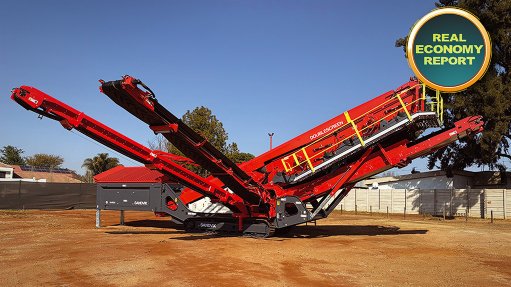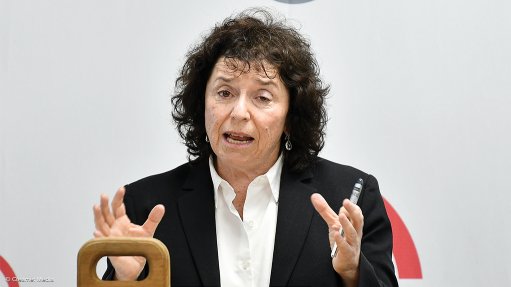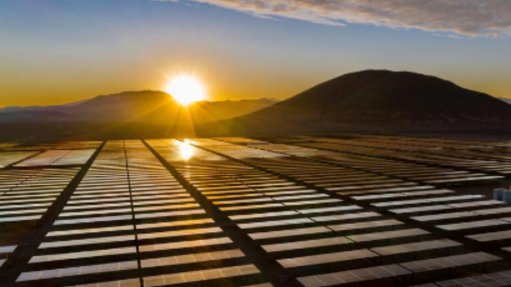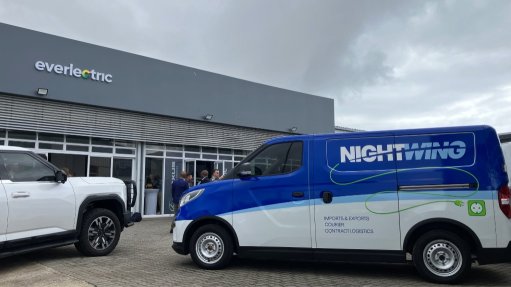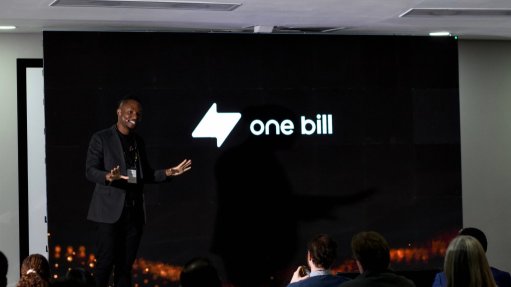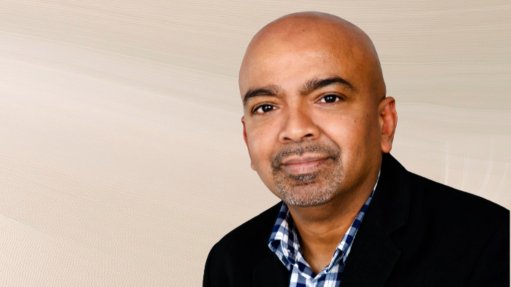Contractor secures new orders from diamond mine

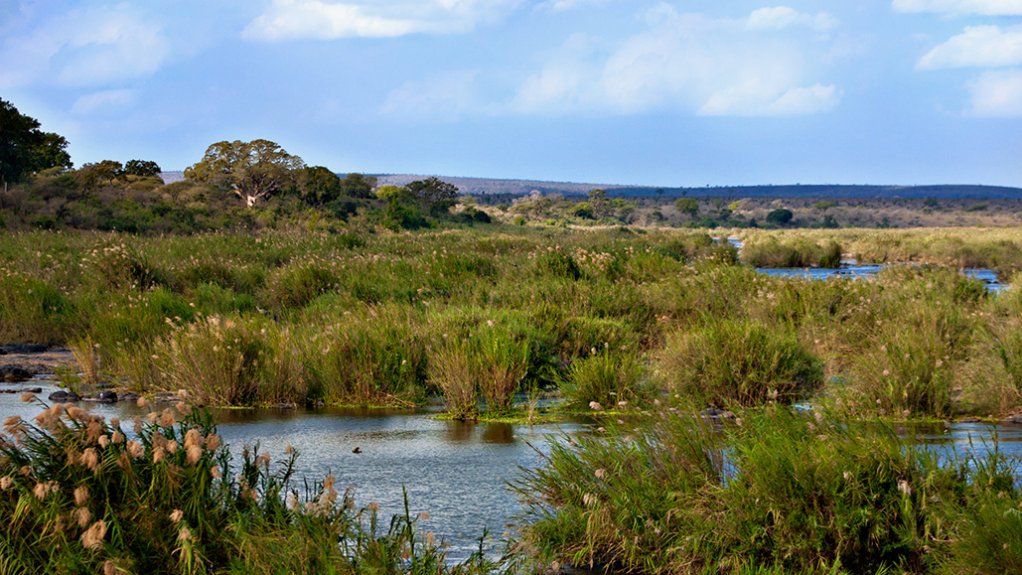
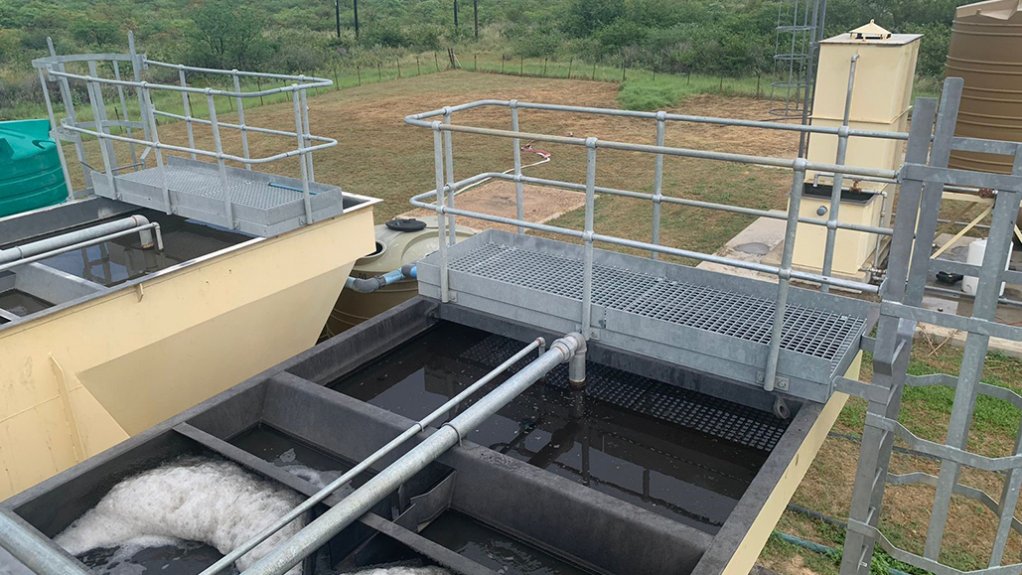
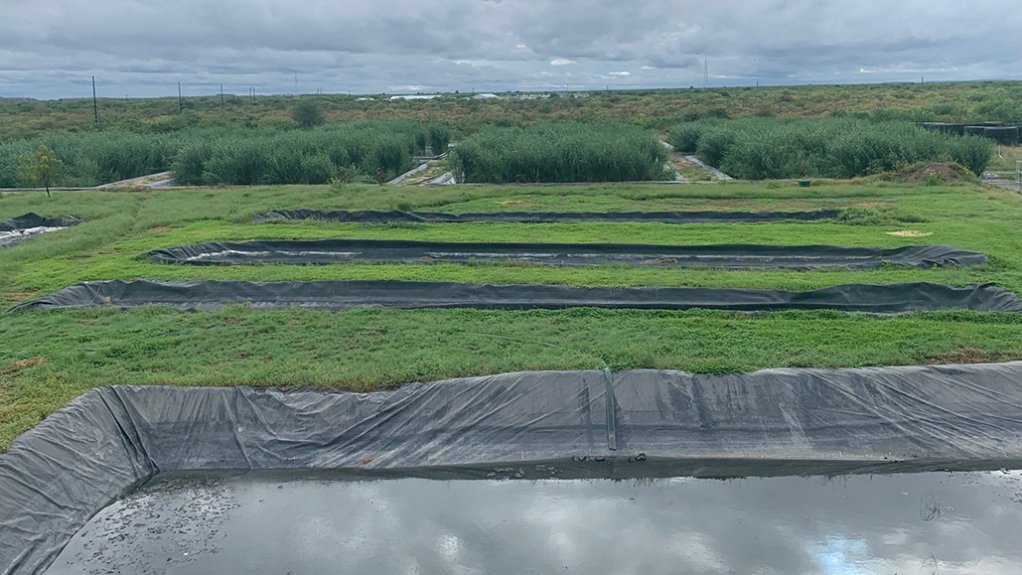
WORKING THROUGH WATER SHORTAGES WEC Projects worked with Botswana authorities and the mine to ensure that the solutions designed met the requirements for current environmental legislation
RESULTS OF SUCCESSFUL EXPANSION Further orders were for the design and construction of a sedimentation trap, tanker filling station and infrastructure that includes stormwater drains and fencing
AGILE SOLUTIONS FOR REUSE WEC Projects originally designed and built artificial wetlands, which the mine uses to treat its effluent, removing contaminants
Following its successful expansion of the sewage treatment plant of diamond miner Lucara Diamond’s Karowe mine in Botswana, water management contractors WEC Projects has secured further orders from the company.
The further orders were for the design and construction of a sedimentation trap, tanker filling station and associated infrastructure that includes stormwater drains and fencing.
Karowe mine, where a 1 174.76 ct high-quality white gem diamond – the third-largest white gem diamond found in Botswana – was recently recovered, is located near the village of Letlhakane, in the arid eastern Kalahari basin where temperatures average 35 °C.
As a result, water is scarce, so much so that the Botswana government has imposed severe water restrictions on companies operating in the region.
“We worked hand in hand with the Botswana authorities and the mine to ensure that the solutions we designed met the requirements for current environmental legislation and the objectives of the mine and government,” explains WEC Projects MD Wayne Taljaard.
He adds that mines offer limited methods to dispose of water, and in most cases, the volume of treated sewage exceeds the total volume of water used by the mine for operational activities.
WEC Projects originally designed and built artificial wetlands, which the mine uses to treat its effluent, removing contaminants – such as biological oxygen demand, ammonia, suspended solids and heavy metals – to a standard for reuse as process water.
“The wetland uses the water in a better way than dumping, and is now providing a great environment for the proliferation of bird life.”
Further, the new sedimentation trap will be used in the water recycling process of the mine’s drilling operations.
The effluent is pumped from the underground drilling areas to a concrete trap and clarification unit, where it is dosed with alum and a polymer to enhance the settling of the solids. The effluent overflows from the trap to the plant’s oil skimmer to remove floating oil.
The system treats an average of 34 m3/d of effluent, but can be expanded to up to 150 m3/d of effluent if required.
The polished water is drawn from the tanker station and disinfected using chlorine. Although the water is not suitable for human consumption, it is reused in applications such as dust suppression.
Meanwhile, Taljaard points out that involvement in this project has helped WEC Projects expand its footprint in Botswana, as “this gives us good references and offers a springboard to pursue other opportunities in the country”.
The company has been successful in the diamond mining sector in Lesotho and other regions, so “we trust that, professionally executing projects, such as the one in Botswana, will set us up for other opportunities in the country and industry”.
WEC Projects contracts manager Ruan Kellerman states this project is a fairly standard one for WEC Projects, except for the wetlands section, which was the largest project of its kind the company has undertaken.
“Our clients – many of which are located in some of the driest and hottest areas of Africa, where water is scarce – rely on us to come up with agile solutions for water reuse. We can provide solutions capable of treating water so that they align with water reuse standards all the way to potable standards,” he adds.
African Mining
Taljaard stresses that the African mining sector – which is driven by many first-world companies mining in Africa – is generally well governed by environmental legislation.
This usually means that miners are proactive in ensuring that their wastewater treatment systems are operated effectively and treat the wastewater to a level suitable for discharge.
The industry has also become increasingly aware of the potential that the reuse of water has to reduce the environmental footprint of miners, move to an off-grid sustainable operation and reduce operational costs.
Suitably treated wastewater offers significant potential, as the addition of process steps make it increasingly possible to reuse sewage that has been tertiarily treated as a source of water for industry and potable supply, he highlights.
“Our experience and skill set enables us to tap into the opportunities presented by providing workable and practical solutions to the mines to enable them to develop and attain their sustainability objectives. This includes environmental and economic goals, as well as others,” Taljaard concludes.
Comments
Press Office
Announcements
What's On
Subscribe to improve your user experience...
Option 1 (equivalent of R125 a month):
Receive a weekly copy of Creamer Media's Engineering News & Mining Weekly magazine
(print copy for those in South Africa and e-magazine for those outside of South Africa)
Receive daily email newsletters
Access to full search results
Access archive of magazine back copies
Access to Projects in Progress
Access to ONE Research Report of your choice in PDF format
Option 2 (equivalent of R375 a month):
All benefits from Option 1
PLUS
Access to Creamer Media's Research Channel Africa for ALL Research Reports, in PDF format, on various industrial and mining sectors
including Electricity; Water; Energy Transition; Hydrogen; Roads, Rail and Ports; Coal; Gold; Platinum; Battery Metals; etc.
Already a subscriber?
Forgotten your password?
Receive weekly copy of Creamer Media's Engineering News & Mining Weekly magazine (print copy for those in South Africa and e-magazine for those outside of South Africa)
➕
Recieve daily email newsletters
➕
Access to full search results
➕
Access archive of magazine back copies
➕
Access to Projects in Progress
➕
Access to ONE Research Report of your choice in PDF format
RESEARCH CHANNEL AFRICA
R4500 (equivalent of R375 a month)
SUBSCRIBEAll benefits from Option 1
➕
Access to Creamer Media's Research Channel Africa for ALL Research Reports on various industrial and mining sectors, in PDF format, including on:
Electricity
➕
Water
➕
Energy Transition
➕
Hydrogen
➕
Roads, Rail and Ports
➕
Coal
➕
Gold
➕
Platinum
➕
Battery Metals
➕
etc.
Receive all benefits from Option 1 or Option 2 delivered to numerous people at your company
➕
Multiple User names and Passwords for simultaneous log-ins
➕
Intranet integration access to all in your organisation











